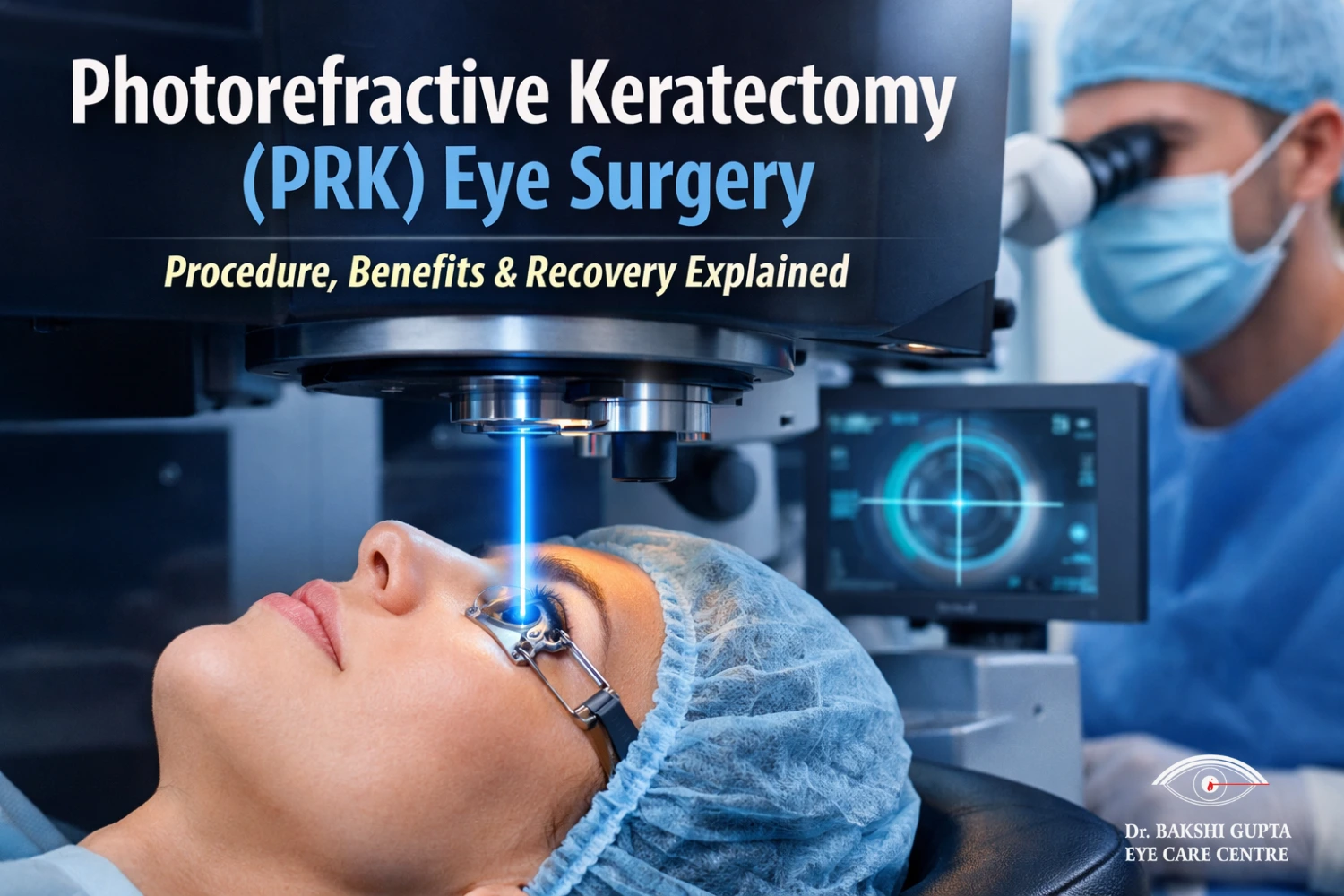Recovering from Refractive Surgery: What to Expect and How to Prepare
Refractive surgery is a common procedure used to correct vision problems such as nearsightedness, farsightedness, and astigmatism. This surgery is designed to reshape the cornea, which is the clear, outermost layer of the eye, so that light can properly focus on the retina, ultimately improving vision.
If you’re considering refractive surgery, it’s important to understand what to expect during the recovery period. Proper preparation and aftercare can help you achieve optimal results and a smooth recovery. In this article, we’ll discuss what to expect during recovery and how to prepare for refractive surgery.
Recovering from Refractive Surgery
Refractive surgery is a quick outpatient procedure that typically takes less than an hour to complete. During the surgery, the surgeon will use a laser or other instrument to reshape the cornea. After the procedure, your eyes may be sensitive, and you may experience discomfort, dryness, or mild pain. You may also experience blurred vision, halos around lights, or sensitivity to light.
The first few days after the surgery are crucial for the healing process. Here’s what you can expect during the recovery period:
- Rest and Relaxation: It’s important to avoid strenuous activities, such as exercise or heavy lifting, for the first few days after surgery. You’ll need to rest and allow your eyes to heal.
- Follow-Up Appointments: Your surgeon will schedule follow-up appointments to monitor your progress and ensure that your eyes are healing properly. It’s important to attend these appointments and follow any instructions given by your surgeon.
- Medications: You may be prescribed eye drops or other medications to prevent infection, reduce inflammation, or promote healing. It’s important to follow the instructions for taking these medications as directed.
- Eye Protection: Your surgeon may recommend that you wear eye shields or goggles to protect your eyes from accidental injury or rubbing.
- Avoid Eye Strain: During the first few days after surgery, it’s important to avoid activities that may strain your eyes, such as reading or using a computer or phone. You should also avoid rubbing your eyes.
Preparing for Refractive Surgery
Proper preparation is essential to ensure a successful refractive surgery and a smooth recovery. Here are some tips to help you prepare:
- Schedule a Consultation: Before undergoing refractive surgery, schedule a consultation with Dr. Neeraj Gupta at Dr Bakshi Gupta Eye Care Centre. The doctor will evaluate your eyes and determine if you’re a good candidate for the surgery.
- Share Your Medical History: It’s important to share your medical history with the doctor, including any medications you’re taking, allergies, or previous eye injuries or surgeries.
- Arrange for Transportation: Since you’ll be unable to drive immediately after surgery, it’s important to arrange for transportation to and from the clinic.
- Plan for Time Off: You may need to take a few days off work or other activities to allow for proper recovery. It’s important to plan for this time off in advance.
- Follow Pre-Surgery Instructions: Your surgeon will provide you with instructions to follow before the surgery, such as avoiding contact lenses or eye makeup. It’s important to follow these instructions carefully to ensure a successful surgery.
In conclusion, refractive surgery can be a life-changing procedure for those with vision problems. By understanding what to expect during recovery and properly preparing for the surgery, you can increase your chances of a successful outcome and a smooth recovery. If you’re considering refractive surgery, schedule a consultation with Dr. Neeraj Gupta at Dr Bakshi Gupta Eye Care Centre to learn more about your options.




